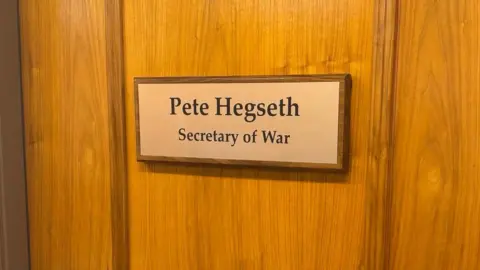President Trump's recent executive order aimed at facilitating seabed mining in international waters has sparked controversy, placing The Metals Company in a precarious position. The company had already invested over half a billion dollars in preparation to become the first commercial miner of the ocean floor. Shortly after the executive order, The Metals Company quickly applied for federal permits to pursue its ambitions.
However, this move has raised alarm among its international partners, particularly from countries that have aligned with the Law of the Sea treaty. This treaty, signed by nearly every nation except the U.S., clearly stipulates that mining activities in areas beyond national jurisdiction require collective agreement to safeguard the ocean's resources as a "common heritage of mankind."
For instance, a Japanese firm that previously collaborated with The Metals Company expressed its concern over the legal implications, highlighting the need for conducting business with actors that possess international credibility. The shift in the regulatory landscape poses a significant question: Can The Metals Company navigate the legal minefield created by the U.S. government's sudden policy shift, or will it jeopardize its partnerships and future prospects in a rapidly evolving industry?




















